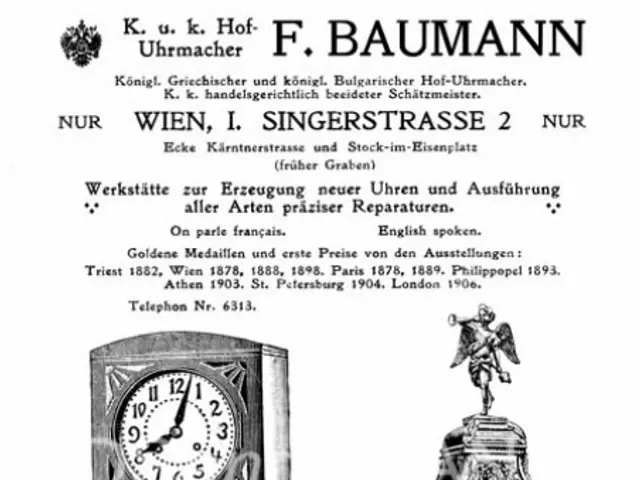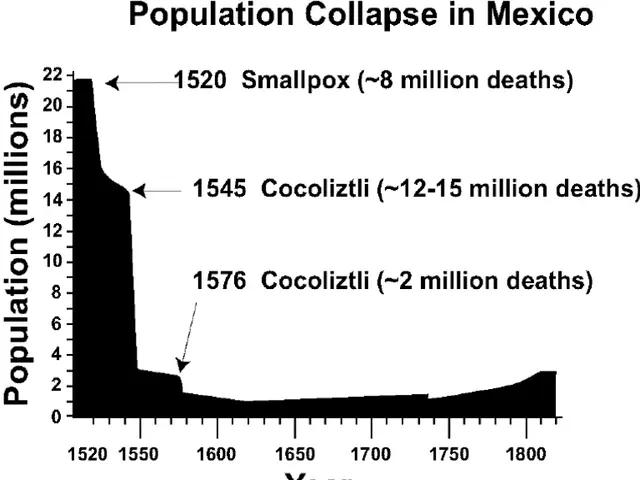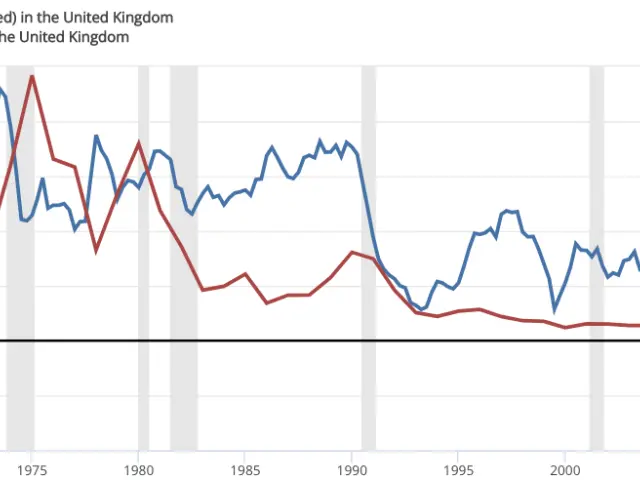Trump's Return to Power: A Battle Against Facts
Donald Trump was inaugurated as the 47th U.S. President on January 20, 2025, becoming the second president to serve two non-consecutive terms. This marked his return to power after previously serving from 2017 to 2021. However, his presidency has been marked by controversial actions and statements, including attempts to rewrite history and override facts with his preferred narrative.
In 2025, Trump signed Executive Order 14253, ordering institutions to remove 'divisive ideology' from historical displays. This move was seen as an attempt to rewrite public memory and suppress inconvenient truths. Meanwhile, Trump's 2025 U.N. address claimed he had 'ended seven unendable wars' and declared a 'crime emergency' in Washington, D.C., despite evidence contradicting these statements.
Psychologists warn that leaders' natural storytelling tendency can lead them to reject facts in favor of their preferred narrative, creating a 'reality bypass'. This can erode trust, hinder cooperation, and create fertile ground for misinformation and authoritarian control. The Smithsonian National Museum of American History even changed an exhibit to erase Trump's impeachments, demonstrating how leaders may try to bend facts to suit their narrative.
History shows that leaders who fight reality ultimately lose, with the only question being when. Trump's attempts to override facts with his preferred narrative have eroded trust and credibility, as seen in his claims about wars and crime rates. Even intelligent, accomplished leaders can fall into the trap of ignoring facts due to echo chambers, misinformation speed, tribal loyalty, and eroding institutional trust. As Trump's presidency continues, the consequences of his actions on societal cohesion and public trust remain to be seen.








